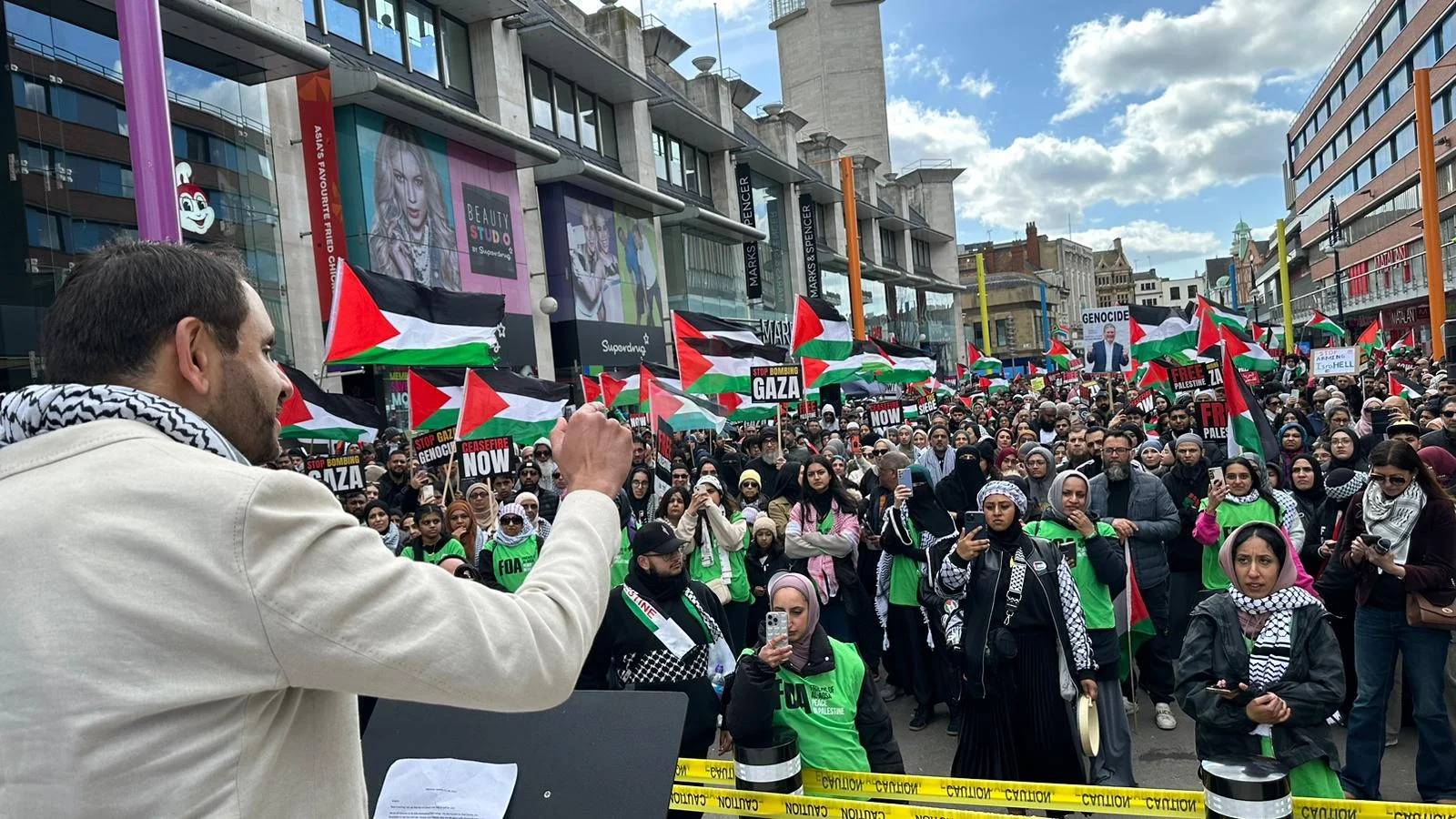As Pope Francis never tires of saying, ultimately the meaning of Christmas is that God became small to accomplish something infinitely big. He became an infant, in a poor family in a marginal corner of the world’s leading empire of the day, in order to begin the salvation of all humanity.
Francis made that point again on Thursday, when he called into an Italian morning show called “Unomattina” celebrating its 30th anniversary on the air.
“I wish you a Christian Christmas, like the first one was, when God wanted to overturn the values of the world. He made himself small in a manger, with the little ones, with the poor, with the marginalized … Smallness. In this world where money is adored so much, may Christmas help us look on the smallness of this God who overturned worldly values,” the pope said.
While there are plenty of places to go looking for the small, this Christmas it’s hard to think of a better object lesson in the pope’s point, from a Catholic point of view, than Kandhamal in India.
Kandhamal is located in the eastern Indian state of Odisha, formerly known as Orissa, and is renowned for its waterfalls, its forests, and its grinding poverty. The population is around 730,000, about 80 percent of whom are “Tribals,” meaning members of one of India’s indigenous groups, and 20 percent “Dalits,” meaning the “untouchables” under the ancient caste system.
Both Tribals and Dalits have long been at the bottom of the heap in terms of income, literacy, and life opportunities, and, in one of the typical pathologies of poverty, tensions between the two groups are common.
The Christian population of the area is almost entirely Tribal and Dalit, including the Catholic prelate of nearby Cuttack-Bhubaneswar, Archbishop John Barwa, who’s himself a Tribal.
Now 61 years old, Barwa is a member of the Society of the Divine Word, popularly known as the “Verbites.”
“The people of Kandhamal district in particular, and the people of Odisha in general, are still being crucified in many visible and invisible ways in terms of injustice,” Barwar told Crux last March. “They face many challenges — human dignity, sustainable livelihood options, social exploitation and exclusion, economic inequality, religious intolerance, and freedom to practice their religion of choice.”
Earlier this week, I published a piece on anti-Christian persecution, in particular the tendency in some quarters to play down its scope and significance on the grounds that Christians tend to bring violence on themselves – either through aspects of Christianity’s history with the Crusades and the Inquisition, or elements of its present such as Church teaching on same-sex marriage.
The principal problem, I suggested, is that precisely the wrong people end up paying the price for whatever some observers may not like about Christianity, and nowhere is a better illustration of the point than Kandhamal.
The world’s most ferocious anti-Christian pogrom of the early 21st century broke out here in late 2007 and 2008. A series of riots led by radical Hindus left roughly 100 people dead, thousands injured, 300 churches and 6,000 homes destroyed and 50,000 people displaced, many forced to hide in nearby forests where more died of hunger and snakebites.
Barwa’s own niece, a Servite nun by the name of Sister Meena Barwa, was gang-raped during the violence and then paraded naked through the village in a final act of humiliation.
After I published my piece this week, Crux’s India correspondent, Nirmala Carvalho, went to both Barwas for comment, and both readily affirmed that their people seem to get punished for alleged historical and contemporary crimes to which they’re actually completely extraneous.
“Eight years ago, on Christmas eve 2007, our communities in Kandhamal had to go through the burning furnace of communal violence, a horrific holocaust, with dignity and nobility, with stoicism and serenity and sacrificed their lives and liberties unparalleled in the history of Odisha,” Archbishop Barwa said.
“However, we must draw our strength from Jesus Christ, Our Lord and have faith in the words of St. Tertullian, a Second Century Father of the Church, ‘The blood of the martyrs is the seed of the Church’,” he said.
Barwa has proposed a nation-wide observance of a “Kandhamal Martyrs Day” each August, and has opened a sainthood process for the victims.
Sister Meena seemed equally determined to bring meaning out of the madness.
“The horrific violation inflicted upon me was only because I am a Tribal Christian religious, working in the very area (Odisha) which has witnessed tremendous all-around human development thanks to Christian missionaries,” she said.
“Christian missionaries have brought about a complete transformation in the lives of Tribals and Dalits here in Odisha and elsewhere too, through education and health care and innumerable welfare apostolates,” she said. “We stand today as human beings, with dignity. We know our value even in society, and they too know our value, and this they are unable to tolerate.”
“If we were not helped by Christian missionaries, we may still be languishing in forests, uneducated and being crushed and oppressed by the majority community,” she said.
Over Christmas, if you’re looking for a place where the Catholic Church absolutely incarnates Pope Francis’s rhetoric about standing with those who are small, you won’t do any better than Kandhamal, where the suffering but proud Christian flock still desperately needs both our prayers and our help.
Support for the Church in Kandhamal can be directed to Caritas India, the official national organization of the Catholic Bishops Conference of India for social concern and human development.
















